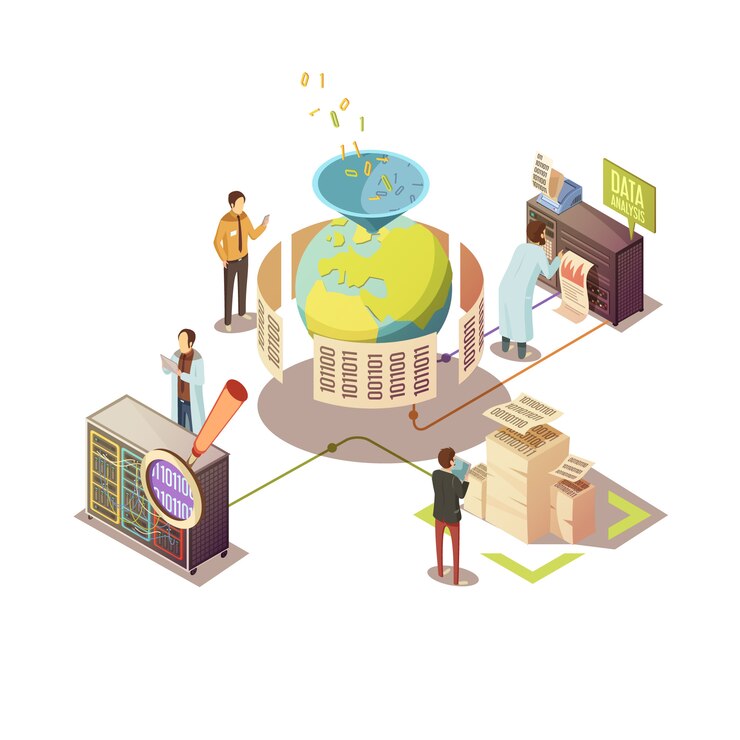As we move through 2025, the global political landscape is marked by shifting alliances, leadership changes, and intense debates over climate, technology, and economic recovery. With elections, geopolitical tensions, and major policy changes happening across the world, this year is proving to be a defining one for international politics. Here’s a look at some of the most significant developments shaping the political scene today.
1. United States: Presidential Campaign Season Begins
In the United States, the political spotlight is on the 2026 presidential elections, with several candidates from both major parties announcing their campaigns. Key issues include inflation control, climate action, AI regulation, and foreign policy. The Democratic Party faces internal debates over progressive versus moderate leadership, while the Republican Party is focusing heavily on national security and border control. Meanwhile, independent candidates are gaining attention, especially among younger voters seeking alternatives to the traditional two-party system.
2. Europe: Unity and Division Amid Global Challenges
Across Europe, the political scene remains dynamic. The European Union continues to promote cooperation on defense, energy, and AI governance, but internal disagreements—particularly around migration and digital surveillance laws—are growing. In Germany, a new coalition government is prioritizing green energy and social reforms, while France is facing nationwide protests over pension reforms. Eastern European countries are also increasing their military spending due to concerns about regional security.
3. Asia: Strategic Shifts and Power Plays
In China, the government remains focused on strengthening its global economic influence through infrastructure projects and trade agreements, particularly under the Belt and Road Initiative. Domestically, tech regulations and data privacy are high on the agenda. India, meanwhile, is navigating a politically charged environment ahead of its 2025 general elections. The ruling party emphasizes economic growth and digital transformation, while opposition parties push for education reform and job creation.
Elsewhere in Asia, countries like Japan and South Korea are boosting diplomatic efforts with Western nations amid growing tensions in the Indo-Pacific region. Regional alliances and military cooperation are becoming increasingly important as nations seek to balance power and maintain stability.
4. Middle East: Calls for Reform and Stability
The Middle East is seeing a mix of political reform and ongoing conflict. In countries like Saudi Arabia and the UAE, leadership is pushing modernization plans focused on economic diversification and women’s empowerment. However, longstanding issues such as the Israel-Palestine conflict and unrest in Syria and Yemen remain unresolved. Diplomacy and humanitarian efforts continue, but progress is slow and often challenged by deep-rooted divisions.
5. Africa: Youth Movements and Political Transitions
Africa’s political landscape is evolving, with several nations undergoing leadership changes and constitutional reforms. In Nigeria, recent elections have brought in a new president promising anti-corruption efforts and improved infrastructure. Youth-led political movements are gaining ground in countries like Kenya and South Africa, where calls for job opportunities, education reform, and climate action are growing louder.
6. Latin America: Shifting Alliances and Economic Focus
In Latin America, political leaders are grappling with economic challenges, rising inflation, and demands for social justice. Countries like Brazil and Argentina are seeing shifts in leadership, with governments focusing on economic stability, climate policies, and poverty reduction. Regional cooperation is increasing, especially around trade and environmental protection, as nations seek greater resilience in the face of global economic uncertainty.
Conclusion
The political world in 2025 is marked by transformation and uncertainty. From the rise of digital governance and environmental policy to geopolitical tension and youth activism, governments around the globe are under pressure to adapt, lead, and deliver results. As citizens demand more transparency, inclusiveness, and action on key global challenges, politics in 2025 is becoming more connected—and more complex—than ever before.







